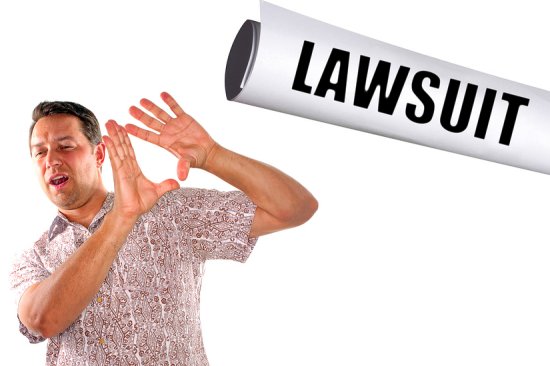
Many debt lawsuits are not filed by the original creditors but by debt buyers
We wrote recently about charged off debt and how when companies don't get any payments from you for a few months, they clear your debt off their books and sell it at a discount. The firms that buy these debts then turn around and immediately get really aggressive to try and get you to pay as much as possible as soon as possible, often through intimidation, threats of lawsuits and even threats they can't follow through on like having you arrested. If they don't get satisfaction, they may sue or sell to another debt buyer that specializes in suing.
Many debt lawsuits aren't supported by documentation
Because so many debt lawsuits are filed by companies that purchase debt and because bad debt is often sold multiple times, the proper documentation rarely follows along the trail of the sale. It may follow it the first time (possibly), but after that, it often does not. Rather, it's just a list of names sold in bulk. What's provided to the buyer is simply name, amount owed and (maybe) minimal contact information. Not only that, but your debt information may be sold to multiple companies at once. This is messy and not quite legal.
Most debt lawsuits can be shut down easily
According to a recent report by the Consumer Financial Protection Bureau, lawsuits filed by debt buyers are dismissed by the debt buyer 70% of the time when a consumer files a written response. In the written response, you only need to request written documentation to support the claims of the debt they say you owe and that should shut it down quickly in a vast majority of the cases. Even when the lawsuit is filed by the first creditor, if they can't produce the original contract, they may have to drop the lawsuit.
The bottom line is that you shouldn't be bullied into paying if you can't afford it. Common language in collection letters is that if you don't respond, you agree that you owe the debt. Instead, push back and request that they prove that you owe the debt. Ask to see substantiation of the debt. If you push back, they will may go away. And remember, if you don't answer a lawsuit, the creditor or debt buyer will get a summary judgment against you for whatever amount they said you owed them whether it's accurate or not and there's rarely a way to overturn it once the judge issues the judgment.
